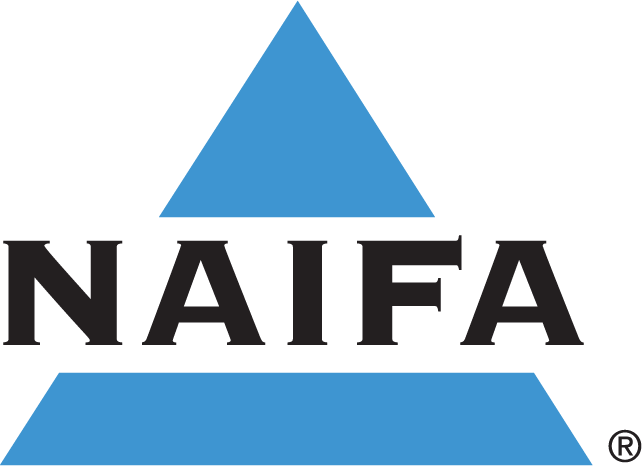NAIFA President Jill Judd sent a letter to the Treasury Department’s Federal Interagency Task Force on Long-Term Care Insurance supporting federal and state policies “to increase consumer conversations and awareness of the social need for long-term care supports and services.”
According to the letter, which is a response to a request for public comment issued by the Task Force: “It is imperative that long-term care insurance (LTCI) play a significant role in the financing of long-term care services. LTCI can ensure that significant personal care expenses are met without burdening one’s family or depleting other financial assets, while lowering Medicaid and Medicare costs for taxpayers.” NAIFA offers policy recommendations that provide consumers with greater flexibility and encouragement to address long-term care needs.
NAIFA supports a federal public education campaign on retirement and LTC issues. Many people are under the false assumption that they do not need LTCI because they mistakenly believe that health insurance, Medicare, or Medicaid will cover LTC expenses. “NAIFA was a strong supporter of the previous Own Your Future Awareness Campaign and the National Clearinghouse for LTC Information Website,” Judd writes. “A relaunch of these initiatives, especially with the vast array of social media opportunities now available, can increase awareness and planning to meet care needs.”
Laws and regulations should allow consumers to purchase LTCI using funds from workplace cafeteria plans and flexible spending arrangements. “We believe workplace offerings will raise workers’ awareness of the risk, increase their understanding of coverage options, and enable them to plan for long-term care expenses in an affordable manner,” the letter states. NAIFA also supports policy changes that would allow people to make penalty-free withdrawals from 401(k) and 403(b) plans as well as individual retirement accounts to pay for LTCI.
Current law allows workers to use funds from Health Savings Accounts (HSAs) to pay premiums for qualified LTCI policies. NAIFA supports giving these workers greater flexibility by increasing the limits on contributions they may make to their HSAs for use on LTCI.
Finally, NAIFA encourages changes to federal laws regarding the inflation-protection requirements of LTCI policies that would in many cases make the insurance more affordable for consumers.
NAIFA has long supported expanded access to long-term care insurance and services for consumers. The NAIFA Limited & Extended Care Planning Center is a community with a common purpose to maximize professional and consumer awareness and the distribution of limited and extended care solutions.







